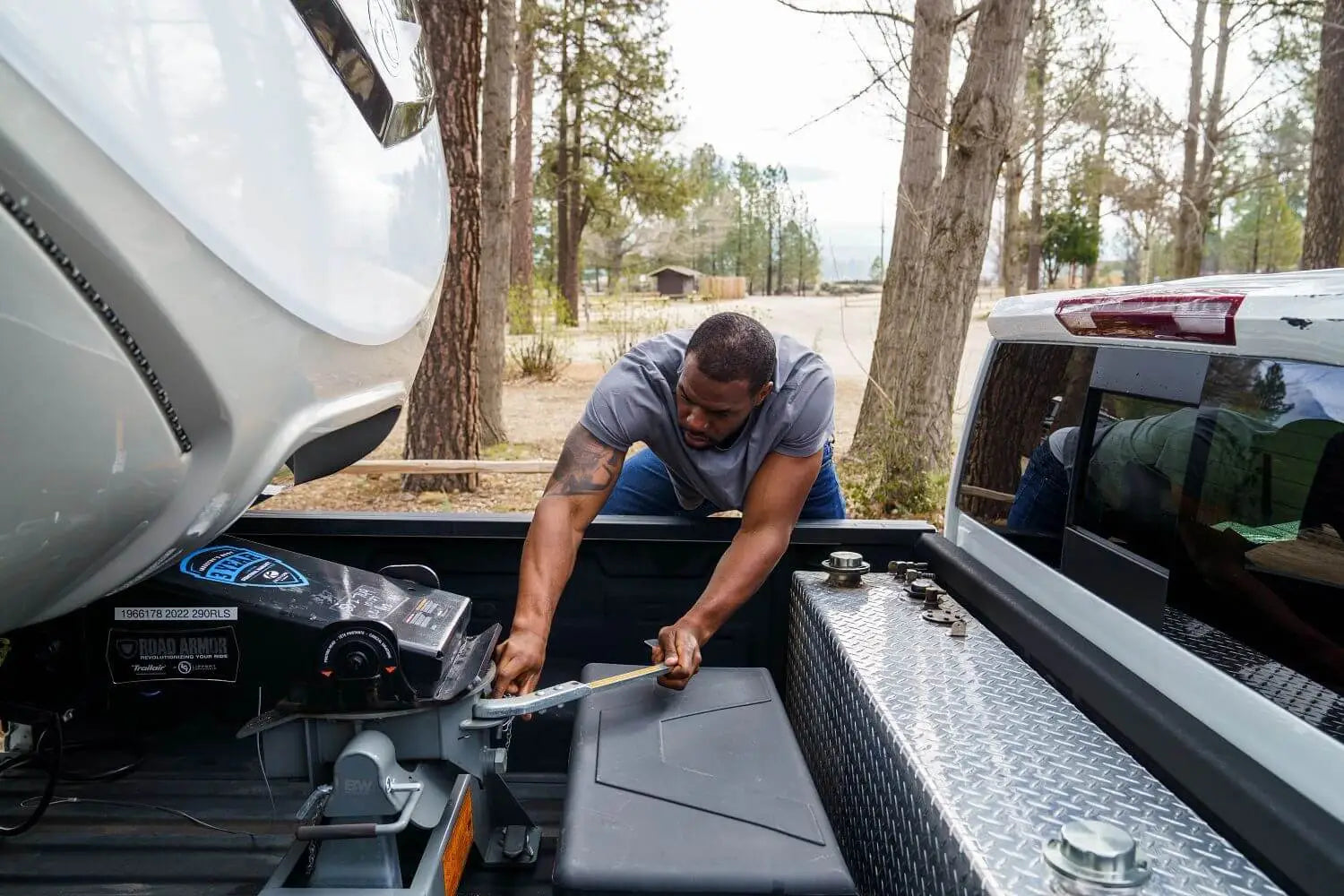Embarking on the RV lifestyle is an exhilarating journey, but like any adventure, it comes with its share of challenges. Whether you're a seasoned traveler or a novice, here are some common mistakes new RVers often make and tips on how to avoid them.
1. Underestimating Travel Time
Mistake: Failing to account for RV travel times can lead to exhaustion and frustration.
Tip: Plan realistic travel schedules, considering road conditions, rest stops, and potential delays.
2. Neglecting RV Maintenance
Mistake: Overlooking regular maintenance can result in unexpected breakdowns.
Tip: Schedule routine checks for your RV's systems, tires, and appliances. Prevention is key to a smooth journey.
3. Overpacking
Mistake: Bringing unnecessary items can clutter your RV and affect fuel efficiency.
Tip: Pack efficiently, focusing on essentials. Consider the RV's weight limits to optimize performance.
4. Ignoring Campground Reservations
Mistake: Arriving at a popular campground without a reservation can lead to disappointment.
Tip: Plan ahead and reserve your campsites, especially during peak seasons, to secure a spot.
5. Overlooking RV Driving Skills
Mistake: Assuming driving an RV is the same as a regular vehicle can lead to accidents.
Tip: Practice driving your RV in various conditions to build confidence. Take a driving course if needed.
6. Disregarding Leveling and Stabilization
Mistake: Parked on uneven ground without proper leveling can affect comfort inside.
Tip: Invest in leveling blocks and stabilization equipment to ensure a comfortable and stable setup.
7. Relying Solely on GPS
Mistake: GPS systems may not account for RV-specific restrictions or road conditions.
Tip: Use RV-specific navigation apps and maps to plan routes suitable for your RV size and weight.
8. Overlooking Weather Conditions
Mistake: Ignoring weather forecasts can lead to challenging driving conditions.
Tip: Stay informed about weather conditions along your route and adjust your plans accordingly.
9. Forgetting to Secure Items Inside
Mistake: Items can shift during travel, leading to potential damage.
Tip: Secure loose items, close cabinet doors, and use non-slip materials to keep belongings in place.
10. Skipping RV Orientation
Mistake: Neglecting to learn about your RV's features can lead to confusion and frustration.
Tip: Take the time for a thorough walkthrough with the dealer to understand your RV's systems and functions.
Embarking on the RV lifestyle is a thrilling adventure, and avoiding these common mistakes will help ensure a smoother, more enjoyable journey.
See you on the road!
Other helpful articles for first-time rvers:



Share:
How to Cross the Canadian Borders in Your RV
5 National Parks in the Midwest Region You’ve Never Heard Of